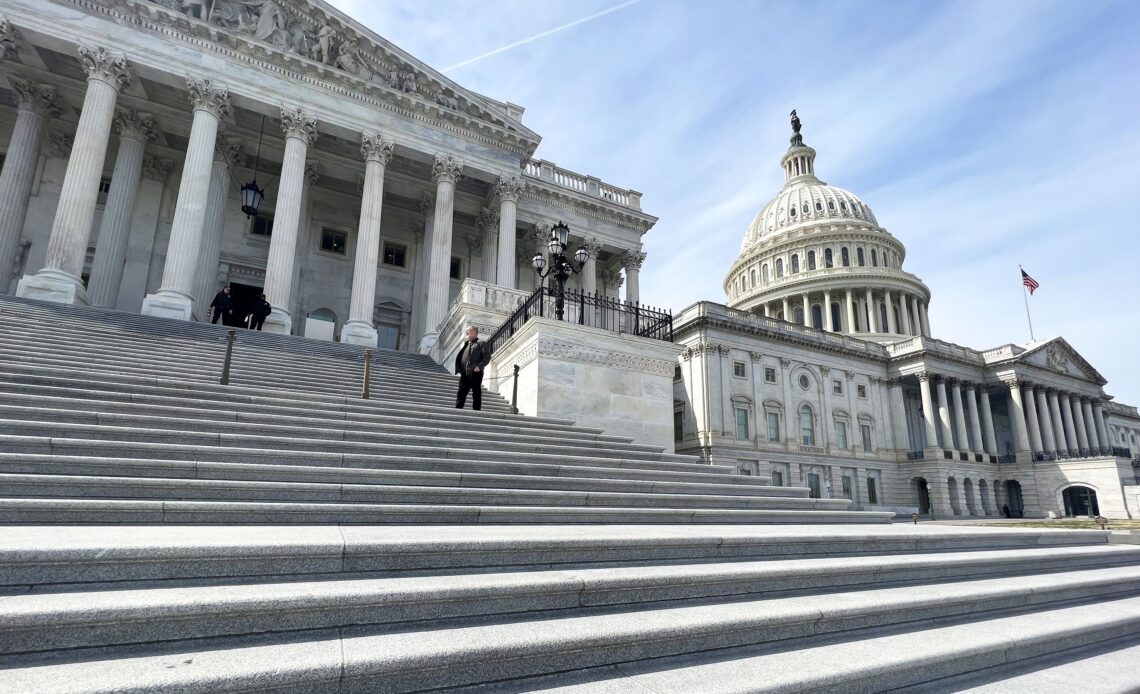It feels like all eyes are trained on two courthouses in New York this week, as two men with (formerly) distinctive hair launch defenses against their alleged bad behavior. But just as the Elizabeth Holmes trial was not about Theranos’ diagnostic testing, the SBF trial is not about crypto. It’s a tale as old as fraud.
The actions of a single person should not, and do not, serve as a barometer for the crypto industry. Sam Bankman-Fried is having a spectacular and ongoing implosion, and as this trial continues, we expect to see further evidence that Sam was out there primarily for himself.
Sheila Warren is CEO of the Crypto Council for Innovation.
In an ideal world, the focal point of the trial would be the harm to customers caused by the actions of a few. The cult of celebrity around SBF and the need for “a bad guy” storyline are parts of the problem.
Victims deserve more than headlines; they deserve restitution. And true remorse? That’s not just a legal term; it’s a moral imperative that must be visibly demonstrated.
It’s important to note that while other countries are watching this trial with the seemingly requisite ghoulish interest, they’re not seeing it as a referendum on an entire cryptocurrency industry or asset class. If we take a step back and look at what’s happened outside the U.S. since the SBF news broke, other countries have doubled down on this tech. Governments around the world are actively building legislative and regulatory frameworks; offering important legal certainty to ecosystem operators and crucially, enhanced protection for consumers.
See also: The DOJ Has Come Out Swinging in the Sam Bankman-Fried Trial
Earlier this year the EU put in place comprehensive legislation and is already iterating on it. The Markets in Crypto Assets Regulation (MiCA) is the first big piece of legislation from a leading economy to legislate digital assets and introduce a harmonized regulatory framework.
It lays out rules for the EU’s 27 member countries covering issuers of stablecoins (categorized as asset reference tokens or electronic money tokens), unbacked crypto assets, trading venues and exchanges (known as crypto asset service providers or CASPs). Decentralized finance (DeFi), non-fungible tokens (NFTs) and staking were all, sensibly, carved out of this piece of…
Click Here to Read the Full Original Article at Cryptocurrencies Feed…
























